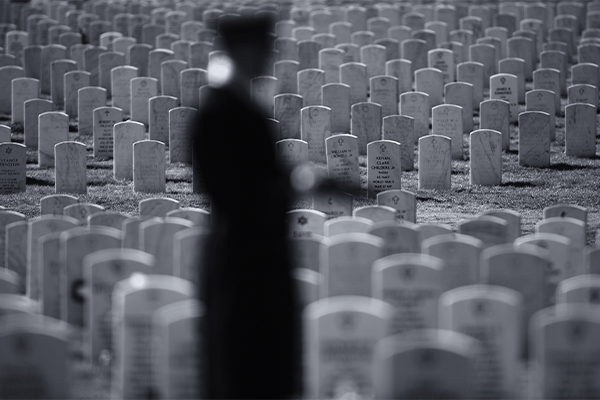ON NOV. 11, the world observes Armistice Day, Remembrance Day, or what we in the U.S. call Veterans Day. In the U.S. it is meant to honor anyone who served in the armed forces.
If you know Sojourners — which has a long history of anti-war activism, sharing the gospel call to nonviolence, and naming and critiquing the destruction wrought by the U.S. military-industrial complex — you may wonder where I’m going with this.
This election year I’ve been in grim awe of the many ways military service is used and twisted in political campaigns. Historically, a candidate’s military service is treated as a badge of strength and patriotism. It’s why real and false accusations of “stolen valor” (mispresenting one’s service record) are a common tactic in political campaigns, as opponents try to defuse a veteran’s “advantage.”
Read the Full Article

